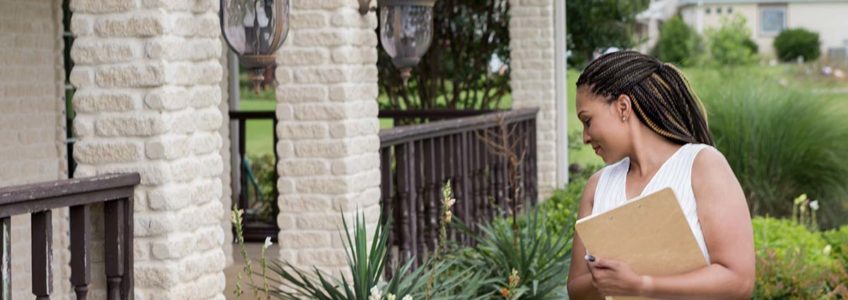
Wrapping up another beautiful summer is never easy, but as we wrap up the final couple of months of mowing and hedge trimming, packing the yard tools in the maintenance shed, don’t pack up the ladder until you take care of these end-of-season inspections.
Roof and Drainage Inspection
Summer storms are common in the Midwest, and with that comes hail. While it’s generally not advisable to head up on the roof, standing back and looking for dimples or small spots can be an indication of hail damage, or if you have aluminum gutters, hail that damages roofs is often strong enough to put dents in the gutter or downspouts. If you suspect you might have damage, we recommend calling an experienced roofer to come over to inspect for damage. An initial inspection will generally cost little to nothing, and if damage is discovered, there is a good chance your property insurance will cover the repairs or complete replacement.
If you’re able to access your gutters safely, check for debris and foliage in the gutters which can prevent drainage, and once snow hits, can also lead to ice damming. Clear the gutters and downspouts so they drain effectively to avoid potential property damage.
Inspect the soffits and fascia and siding, looking for any insect nests or openings allowing critters in. The last thing you want is to crawl into an attic when it’s 14 degrees outside to deal with an unfriendly house guest.
Check Your HVAC and Safety Systems
Murphy’s Law dictates your boiler or heater is most likely to fail when you are dependent on it, however most outages can be avoided by catching problems early. Does your heater or boiler fire up? Are the sensors, igniters, and filters clean? Carbon deposits on flame sensors and igniters can prevent the system from starting, making for some very cold nights come January.
Are your smoke and carbon monoxide sensors working? Check the batteries and if the unit is more than 10 years old, it’s time to replace it entirely.
Check your outdoor plumbing to ensure it can be shut off entirely prior to freezing temperatures. A slow drip is both costly and can lead to greater issues when the temperatures drop below freezing.
While this isn’t a complete list, it’s a great starting point to ensure your property is prepped for another winter. If you’re a commercial property manager or residential builder, spotting these risks before they become problems can go a long way to build rapport with your customer, and builds trust as you head into a remodel or addition with the client. As always, if you’re performing exterior construction or excavation, give us a call or fill out our rental fence quote form online for a fast and free project quote!






